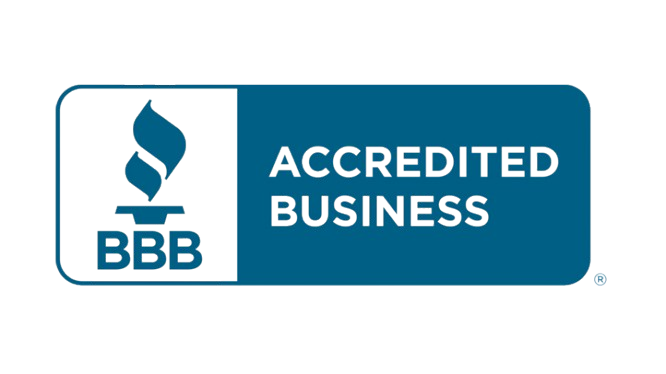
Brain Injury Guide: How to Handle Common Problems Following a Brain Injury
If you have suffered from a brain injury, you likely have a long recovery process ahead of you. Along the way, there will be a lot of different ups and downs. Every person is different, but there are some common problems that may accompany the different types of brain injuries. Whether you are suffering from one or all of these common problems, there are a few different ways that you can handle them. The main thing to remember, no matter which problem you are facing, is to not get frustrated. The more stress that you put on your brain and body, the slower your recovery process will be. Instead, follow these tips on how to best handle some of the common problems that you may be facing.
Memory Impairments
After a brain injury, many people find themselves having difficulty with their memory. There are a few different types of memory loss, including immediate memory, short-term memory, long-term memory, and different types of amnesias. No matter what type of memory loss you are suffering, there are a few tips to keep in mind in order to get yourself on the right track.
- Be organized: Being organized can help the brain function and remember things more easily than if the thoughts and ideas are scattered. If you begin a task, finish it all the way through. This will help your brain index that event more easily than if the task is incomplete or overhanging.
- Break information down into smaller chunks: Memory is stronger when you feed it smaller bits of information instead of a lot at one time. Relearn information in small pieces instead of trying to learn it all back at once. This is the reason phone numbers are broken up into smaller chunks rather than nine numbers in a row. Using this tactic can prove to make processing and storing information an easier process.
- Create a planner: Having a planner can prove to be very beneficial for those who are working on improving their memory. There are two things to keep in mind when writing in your planner: only keep one planner and write things down when they are fresh in their mind. It is important to not keep multiple planners.
These are just a few tips to help build memory. Some other things include creating to-do lists, seeing a memory specialist, and using word association. While these things can help to improve memory, there are also things that can hinder this memory recovery process, including sleep, fatigue, and strong emotions. If you are feeling very emotional, your memories can be skewed and altered. If you associate certain strong emotions with certain memories, this may make it more difficult to call upon one of these memories when you are not experiencing this emotion.

Why Choose Finney Law Office?
-
Personal Attention AlwaysWe intentionally limit our caseload so every client receives direct attorney involvement and individualized strategy.
-
Trusted in St. LouisWith decades of experience serving the St. Louis community, we’ve earned a reputation for integrity, skill, and results.
-
Innovative Focus GroupsWe strengthen cases through real jury-tested focus groups—an approach so trusted, other law firms ask us to run them.
-
Prepared for TrialFrom day one, we treat every case as if it’s headed to trial, building leverage for maximum recovery.
Continue reading through our Brain Injury Guide:
- Brain Injury Guide Homepage
- What to Do Following a Brain Injury
- How Families Can Cope Following the Brian Injury of a Loved One
Read More About Traumatic Brain Injuries
- General Brain Injuries
- Traumatic Brain Injuries Practice Area Page
- Concussion Practice Area Page
- Traumatic Brain Injury Blog
- Is It Just a Concussion?
- Concussion in Car Accidents
- Football Mythbusters
- Traumatic Brain Injury Infographic
Source: www.tbiguide.com
-
About Us
-
FAQ
-
Blog
-
Results








.png.2509120846195.webp)


